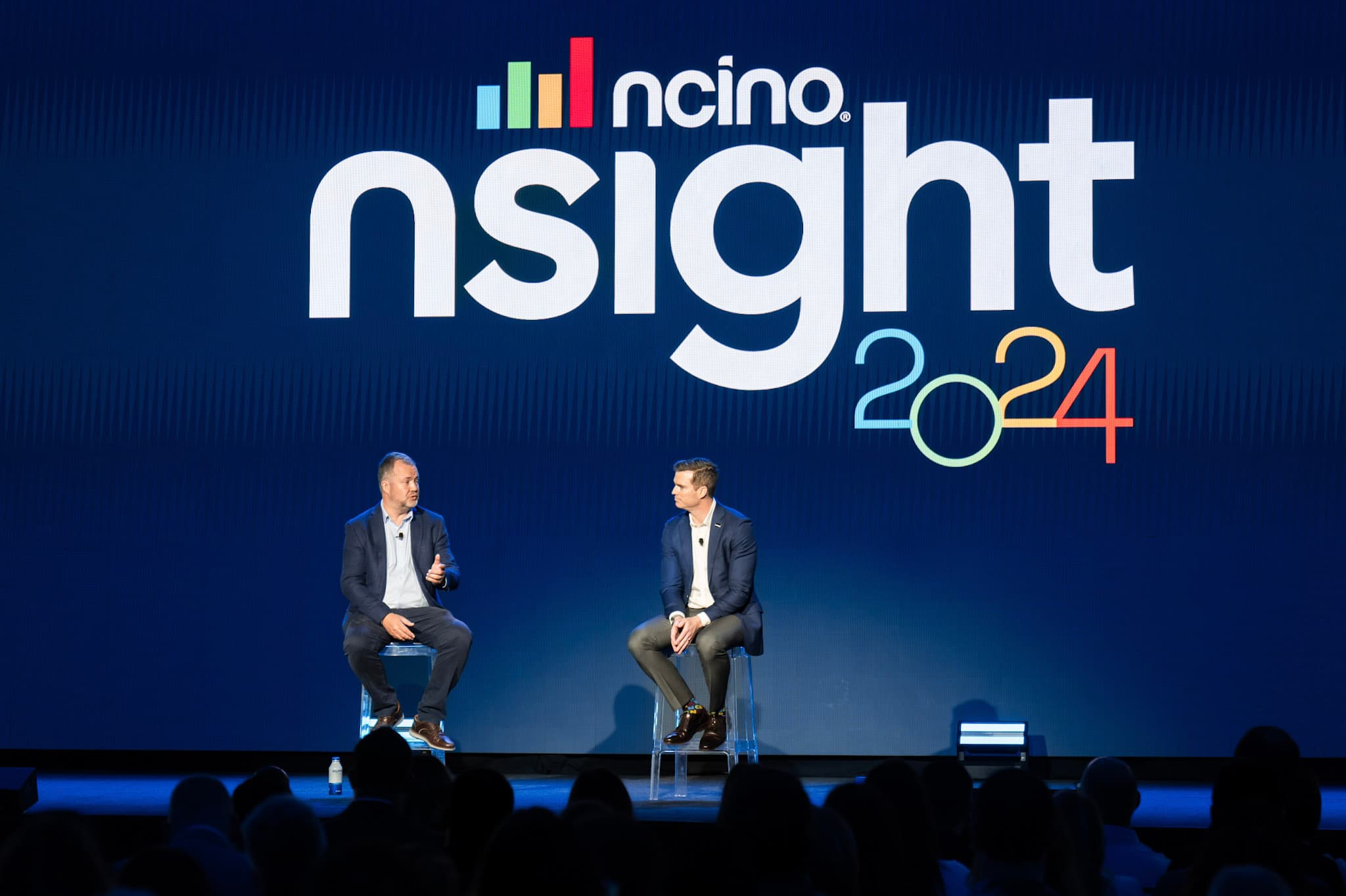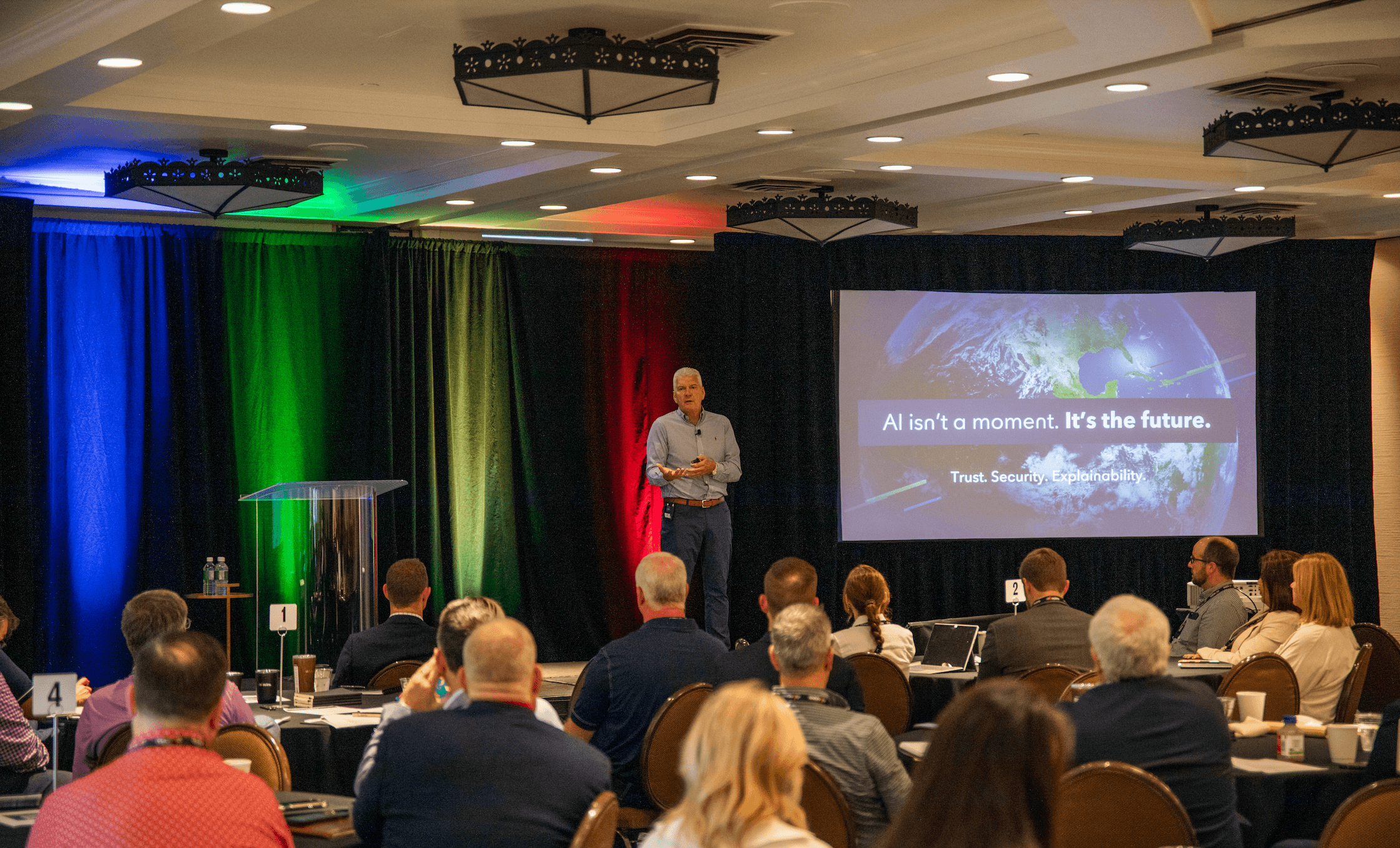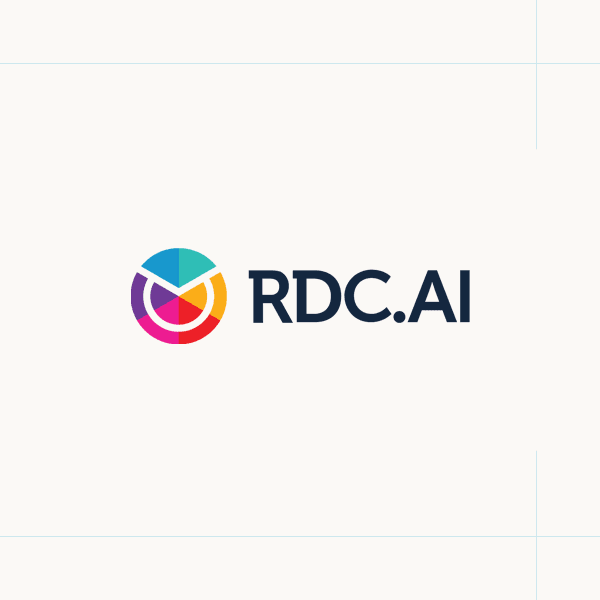AI vs. Automation in Banking: Why Confusing These Two Technologies Costs Millions
AI and automation aren't the same—confusing them can cost your bank millions in mismatched technology investments.

AI and automation aren't the same—confusing them can cost your bank millions in mismatched technology investments.

You’ve read the case studies. You’ve attended the webinars. You’ve heard the promises. Yet, despite recognizing automation's transformative potential, you remain stuck in extended evaluation cycles, unable to move from pilot programs to meaningful implementation.

Credit unions are quietly rewriting the automation playbook in financial services. The latest research reveals a strategic insight that challenges conventional wisdom: 67% of credit unions prefer fintech partnerships for automation implementation—the highest adoption rate among all institution types.This isn't about being tech-forward for technology's sake. It's about credit unions recognizing something fundamental: the right automation partnerships can amplify their member-first mission rather than compromise it.

nCino's CEO discusses industry optimism, AI transformation, and the path to automated banking workflowsIn this episode of Banking on Intelligence, nCino's Brandon Lokits sits down with Sean Desmond, CEO of nCino, to explore the current banking landscape and how financial institutions are embracing a new era of technology-driven transformation.

Community and regional banks have built something remarkable: the ability to be a true financial partner across the entire lifecycle of your market's success stories. You're there when the entrepreneur opens their first small business account. You finance the equipment when they're ready to scale. You provide the working capital that gets them through growth spurts. You manage the wealth when success comes, and you're structuring the complex credit facilities when they become the major employer in town. This full-spectrum capability—delivered with personal attention at every stage—is your superpower.

Chief Risk Officer from Great Southern Bank shares insights on technology, customer relationships, and strategic partnerships

In today's increasingly complex economic landscape, financial institutions face mounting pressure to adapt to policy changes that significantly impact their lending portfolios. The current administration's implementation of tariffs presents both immediate challenges and long-term considerations for lenders across the United States. With rising economic policy uncertainty weighing on business fixed investments, financial institutions must prepare for potential credit deterioration and adjust their risk management strategies accordingly.

Transformational Innovation for Credit Union SuccessCredit unions strive to provide meaningful financial services to their members while navigating operational complexities such as compliance, risk management, competition, and evolving member expectations. Enter nCino, a technology partner uniquely equipped to address these challenges through our unified cloud-based platform.

A hackathon is a collaborative coding event where individuals or teams join forces to create innovative solutions and solve real-world problems facing bankers. Participants brainstorm and build prototypes of their solutions within a short amount of time, typically ranging from one day to one week. At the end of the event, teams present their projects to the wider company.

Artificial intelligence is revolutionizing many traditional financial services, including credit decisioning. The evolution from traditional statistical models to AI-driven approaches marks a transformative shift in the financial industry. With AI integration, financial institutions will experience a fundamental change in how they assess and manage risk, ushering in a new era of efficiency and innovation.

nSight 2024, nCino’s annual conference, was held May 14 – 16 in Charlotte, NC.

In the dynamic world of financial services, Artificial Intelligence (AI) stands at the forefront of a revolution, unlocking unprecedented value for financial institutions. This technology, characterized by its ability to learn and adapt, is not merely an addition to the toolkit of the financial sector; it's a game-changer. By harnessing AI, financial institutions (FIs) are enhancing decision-making processes, optimizing operational efficiencies, and delivering highly personalized customer experiences.

Learn how joining the nCino Data Community can benefit your financial institution.

Thanks to the advances in artificial intelligence (AI) and machine learning, the future of the lending industry is undergoing a major transformation. AI is enabling lenders and financial institutions to automate processes, reduce costs, improve customer experience, and manage risks more effectively. AI can also help lenders offer more personalized and tailored products and services to their customers, based on their preferences, behavior, and creditworthiness.

In October, nCino hosted three highly impactful forums in Scottsdale, Arizona. These forums included the Community and Regional Executive Forum, the North America Enterprise Executive Forum, and the Farm Credit Forum.

At nCino, two of our core values are “Be a Winner” and “Have Fun,” and our annual Hackathon is one way we live these values while fostering friendly competition and pushing the boundaries of innovation.A Hackathon is a social coding event where individuals or teams come together to collaborate on solving problems and creating innovative solutions to real problems facing bankers. Over the span of a short time frame, typically between a day and a week, participants use their skills and creativity to brainstorm ideas and build prototypes. At the end of the event, teams present their projects to the broader company, with focuses on themes such as coding, design, social impact, and artificial intelligence (AI).During nCino’s Hackathons, employees are able to showcase their abilities and build platforms, products, and tools for networking, learning, and driving innovation. These events also encourage teamwork, experimentation, and rapid problem solving to foster a competitive yet collaborate environment.

Partnership seeks to harness the power of artificial intelligence (AI) to produce faster and more equitable lending decisions with better risk assessment for financial institutions of all sizes.

Partnership with AI decisioning platform to provide deeper insight and more confident lending through a single platform.WILMINGTON, N.C., February 7, 2023 — nCino, Inc. (NASDAQ: NCNO), a pioneer in cloud banking and digital transformation solutions for the global financial services industry, today announced a value-added reseller agreement with Rich Data Co (RDC), an industry leading artificial intelligence (AI) decisioning platform, to enhance the lending process for its customers. The combined value delivered by this partnership will equip financial institutions with deeper insights into their clients’ business and improve, streamline and further automate workflow and monitoring, creating significant value and efficiencies in small business and commercial lending.nCino will integrate RDC’s decisioning capabilities into the nCino Bank Operating System® to enhance nCino’s Commercial Banking and Small Business Banking solutions with ground-breaking AI and machine learning techniques. This will simplify the traditional credit technology landscape and empower transparent and explainable decision-making driving revenue and efficiency for nCino’s customers. The partnership with RDC will expand the use cases for nCino IQ (nIQ®), which leverages intelligence and machine learning to transform data into information and actionable insights, empowering financial institutions to focus on key-value add activities and make better business decisions.“The combination of AI, data and digital customer experience enables banks to more efficiently, accurately and holistically assess the health of a customer’s business, enabling lenders to have better visibility and control of their existing and new credit for the entire business lending portfolio,” said Gordon Campbell, Chief Product Officer at RDC.

Rabobank Australia and New Zealand has partnered with nCino to implement its Bank Operating System. This will help RANZ to automate its financial spreading analysis, improve the speed and quality of credit decisions, and free up employees' time to focus on strengthening customer relationships.
